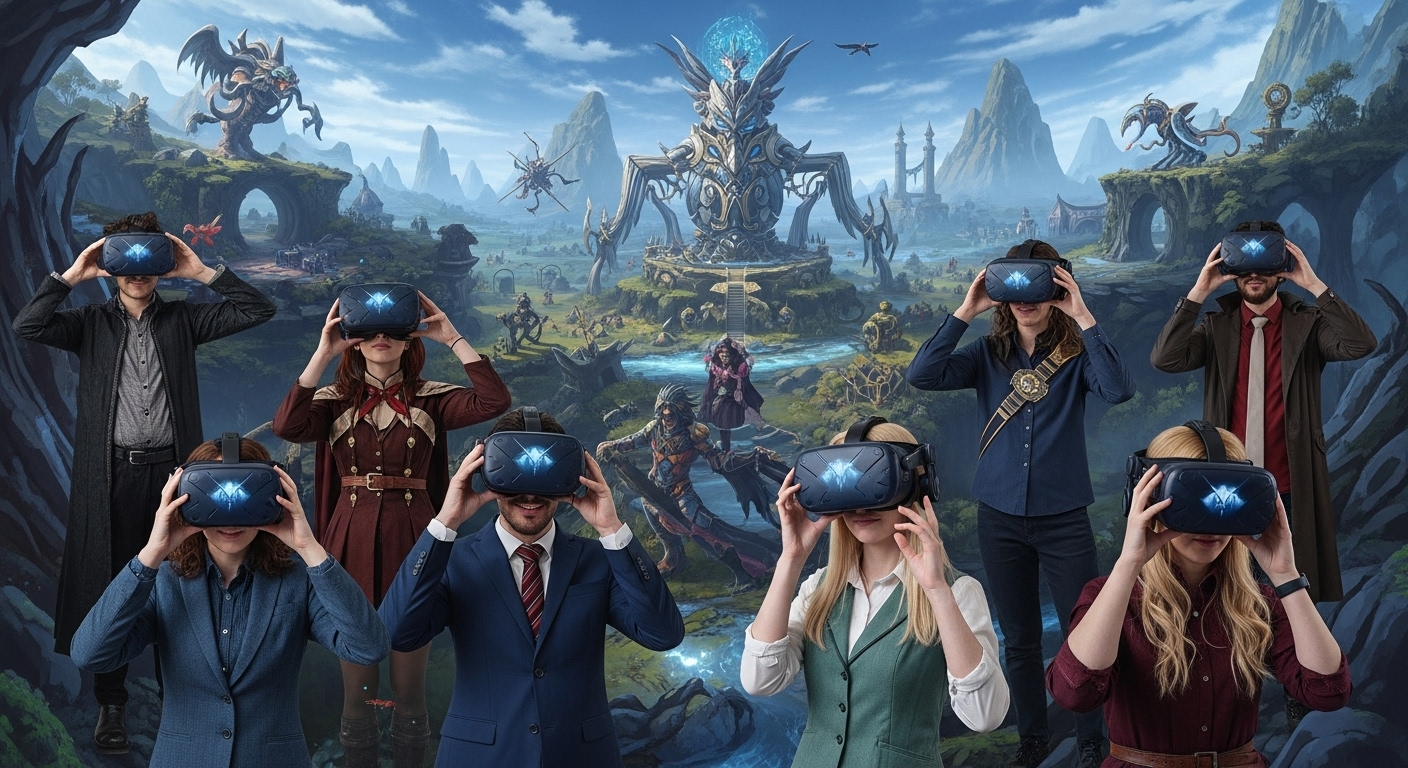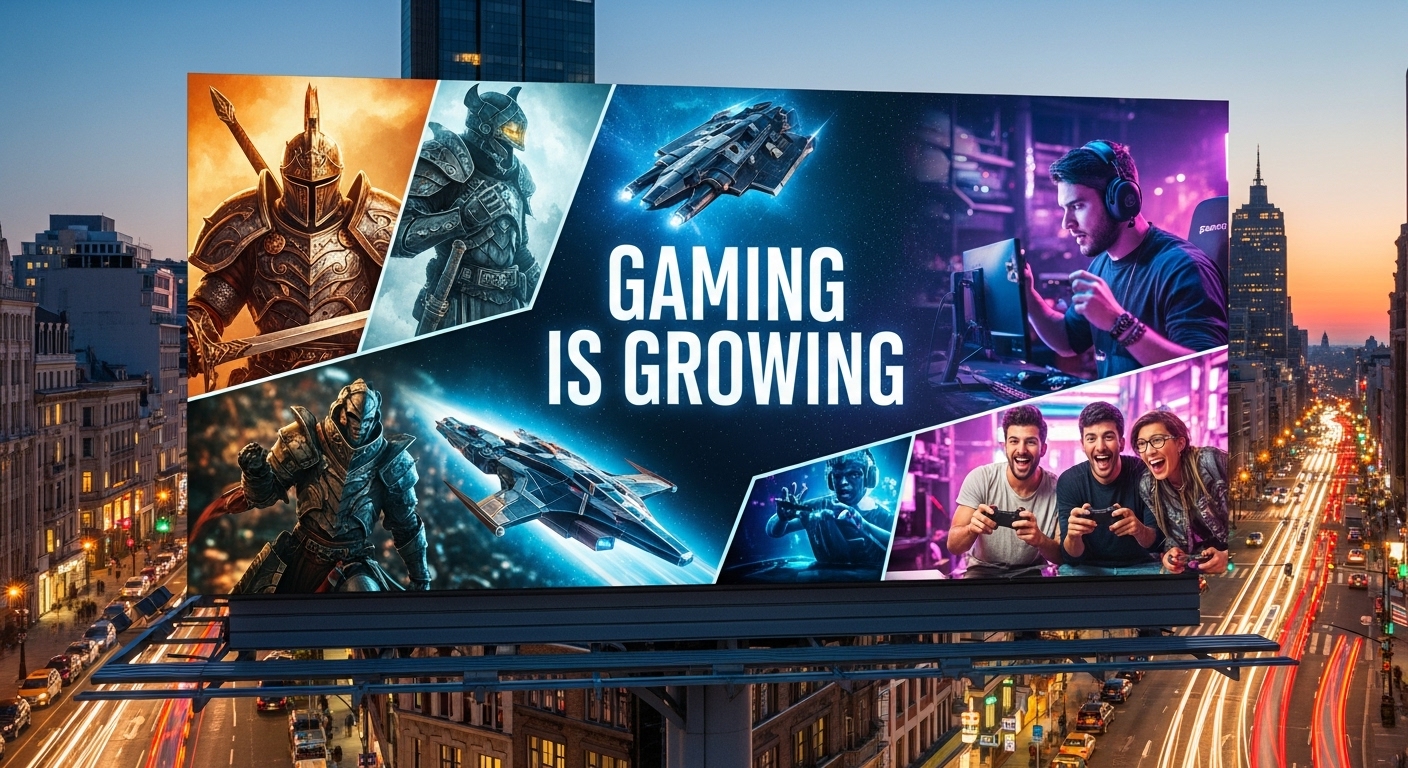In a world brimming with digital screens and passive entertainment, there’s a unique, deeply engaging activity that invites us to actively participate, to imagine ourselves in different shoes, and to collectively build narratives: role-playing. More than just a game, role-playing is a journey of shared storytelling, creative expression, and profound social interaction that spans ancient traditions to cutting-edge virtual realities. The allure of crafting and experiencing alternative realities continues to draw enthusiasts globally.
What is Role-Playing? The Art of Assuming a Persona
At its core, role-playing involves assuming the identity of a character (a “role”) and acting out their experiences within a fictional setting. It’s about making decisions as that character, interacting with a simulated environment, and shaping a narrative that unfolds collaboratively. This fundamental concept manifests in various forms:
- Character Immersion: Players think, speak, and act as if they are their chosen character, embracing their motivations, flaws, and unique perspective.
- Collaborative Storytelling: Unlike passive consumption, role-playing is an active, often improvisational, process where the actions and decisions of all participants contribute to the evolving plot.
- Fictional Worlds: Role-playing takes place within a defined (though often flexible) setting – be it a fantastical land of dragons and magic, a futuristic sci-fi galaxy, a gritty detective noir city, or a historical drama.
- Rules and Systems (Often): While some role-playing is free-form, many forms use rule systems to provide structure, resolve conflicts (like combat), and introduce elements of chance (e.g., dice rolls).
The Diverse Landscape of Role-Playing in 2025
The world of role-playing is incredibly vast and continues to expand, catering to a wide array of interests and preferences:
- Tabletop Role-Playing Games (TTRPGs): This is arguably the most traditional and iconic form. Players gather around a table (or online via virtual tabletops), using dice, character sheets, and their imaginations. One player, often called the Game Master (GM) or Dungeon Master (DM), describes the world and its inhabitants, arbitrates rules, and presents challenges, while the other players portray their characters. The global TTRPG market is projected to reach $3.89 billion by 2025, driven by the popularity of titles like Dungeons & Dragons (D&D), Call of Cthulhu, and Pathfinder, as well as the rise of actual-play streams and podcasts (approximately 49% of new players joined through livestreams or actual-play podcasts).
- Live-Action Role-Playing (LARP): Players physically embody their characters in real-world settings, often with costumes, props, and simulated environments. LARPs can range from small, intimate murder mysteries to large-scale fantasy battles with hundreds of participants. The LARP market continues to thrive, with diverse themes from medieval fantasy to modern cyberpunk.
- Role-Playing Video Games (RPGs): A massively popular genre in the digital world, where players control a character (or party of characters) and make choices that influence the story and character development. RPGs often feature intricate skill trees, item customization, and expansive open worlds.
- Anticipated RPG releases for 2025 and beyond include: Monster Hunter Wilds (action RPG), Kingdom Come: Deliverance II (grounded historical RPG), Elden Ring Nightreign (cooperative combat, rogue-like elements spin-off), Pokémon Legends: Z-A, Vampire: The Masquerade – Bloodlines 2, and ambitious titles like Clair Obscur: Expedition 33. These games continue to evolve, with an increased focus on dynamic storylines and procedurally generated worlds.
- Online Role-Playing (RP) and MMORPGs: Many online communities and games feature dedicated role-playing servers or channels where players interact in character. Massively Multiplayer Online Role-Playing Games (MMORPGs) allow thousands of players to inhabit persistent virtual worlds.
- Examples: World of Warcraft, Final Fantasy XIV, Elder Scrolls Online, Grand Theft Auto V RP servers. Social-centric gameplay is a major trend in 2025, with players increasingly seeking connection through these online worlds and engaging in player-driven narratives.
- Educational and Therapeutic Role-Playing: Role-playing techniques are increasingly used in fields like education (e.g., simulating historical events, practicing public speaking, conflict resolution) and therapy (e.g., rehearsing social interactions, exploring emotions, developing coping skills). AI-powered platforms are emerging to facilitate these types of role-play, offering realistic conversational partners and adaptive scenarios. Companies like Yoodli leverage conversational AI role-play for sales call simulations, small talk practice, and even dating scenario rehearsal.
- Forum and Play-by-Post Role-Playing: Storytelling unfolds asynchronously through written posts on forums or dedicated platforms, allowing for detailed character development and collaborative writing. This format offers flexibility and depth for players who enjoy long-form narrative.
The Profound Benefits of Stepping into a Role
The appeal of role-playing extends far beyond mere entertainment, offering a wealth of developmental and social benefits:
- Boosts Creativity and Imagination: Role-playing demands imaginative thinking to visualize worlds, embody characters, and devise solutions to problems.
- Enhances Problem-Solving Skills: Players must think critically and strategically to navigate challenges and achieve objectives, both individually and in groups. Every action has a potential consequence, leading to more informed decision-making.
- Improves Communication and Social Skills: Collaborative storytelling fosters active listening, negotiation, empathy, and effective verbal (and written) communication. By experimenting with different roles and scenarios, individuals learn how to communicate, negotiate, and express themselves more effectively.
- Develops Empathy: By stepping into the shoes of diverse characters and understanding their perspectives, players gain insights into different motivations and experiences, which is crucial for developing a well-rounded and compassionate personality.
- Builds Confidence: Successfully portraying a character, making decisions, and contributing to a shared story can significantly boost self-esteem and self-awareness.
- Reduces Stress and Provides Escape: Role-playing offers a healthy outlet for stress and a temporary escape into fantastical worlds, improving mood. It allows individuals to focus on enjoyable gameplay instead of real-world worries.
- Fosters Community: Role-playing often creates strong bonds among participants, forming vibrant communities built around shared interests and creative pursuits. It provides social opportunities, leading to new friendships and a sense of belonging.
- Promotes Adaptability and Improvisation: Players frequently need to think on their feet and adjust to unexpected turns in the narrative.
The Future of Role-Playing in 2025: Blurring Realities
As of mid-2025, role-playing is experiencing a dynamic period of innovation and expansion:
- AI Integration is Revolutionary: Artificial intelligence is a major game-changer. AI is being used in RPG video games to create smarter, more reactive NPCs (Non-Player Characters) with evolving personalities and thought processes. AI can generate dynamic storylines in real-time, procedurally build vast game worlds, and even personalize content based on player preferences, making every playthrough unique. Platforms like RPGGO AI allow creators to craft dynamic 2D pixel worlds using natural language, with intelligent NPCs and continuously evolving narratives.
- Enhanced Immersion (AR/VR): The continued development of Augmented Reality (AR) and Virtual Reality (VR) technologies promises to make role-playing even more immersive. Imagine a future where your tabletop game comes alive with AR overlays, or you can physically step into a VR world to embody your character. VR environments are becoming new social hangouts, allowing more natural interactions without physical controllers.
- Hybrid Genres: Gaming trends in 2025 show a rise in hybrid genres, blending RPG elements with other styles like simulation, action, or strategy. This creates deeper, more engaging experiences that appeal to a broader audience. The “immersive sim” genre continues to attract a dedicated fanbase.
- Community-Driven Content: User-generated content is becoming increasingly important. More studios are integrating modding tools and custom content creation directly into games, empowering players to shape game worlds, design new experiences, and even monetize their creations. This extends to TTRPGs, where independent creators are constantly publishing new settings and rule systems, driven by vibrant online communities.
- Transmedia Storytelling: The lines between games, films, and other media are blurring. Successful RPG franchises are being adapted into series and movies (e.g., Fallout, Arcane), while other media are inspiring new RPGs, creating interconnected narrative universes.
- Focus on Narrative-Driven Games: Players are increasingly craving immersive stories and experiences that allow them to explore and connect with characters on a deeper, more emotional level. This trend is a natural fit for role-playing games, which excel at rich storytelling and player choice.
Whether it’s the simple joy of inhabiting a character in a shared story, the strategic depth of a complex digital RPG, or the thrill of live-action immersion, role-playing offers a unique and powerful way to connect, create, and explore the boundless realms of imagination. It is, and will remain, a vital and ever-evolving form of human expression.


